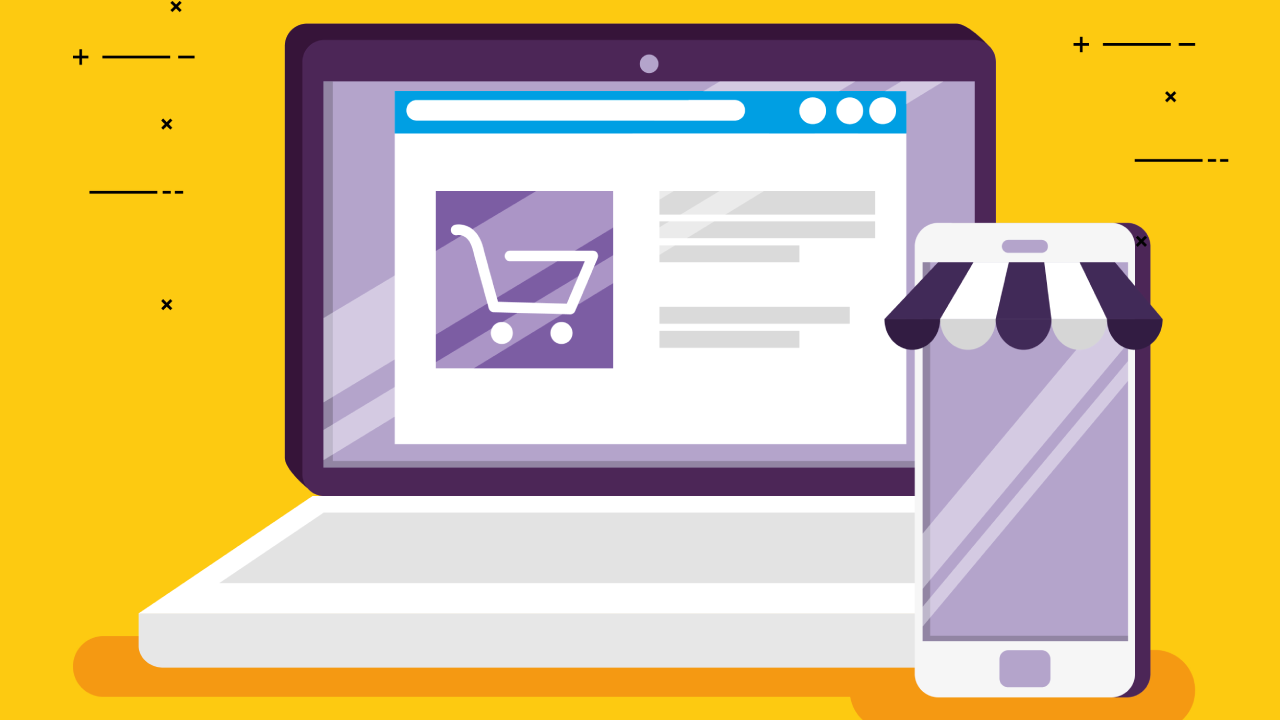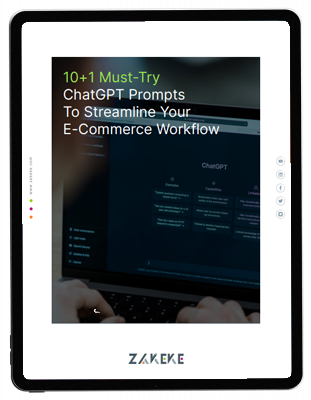Did you know that over 81% of the US population are online shoppers? In the digital age, even in-store retailers should consider hastily expanding into the e-commerce world to appeal to the modern consumer.
But, success in the online shopping world doesn’t come easy. You need to stay ahead of the curve in terms of customer satisfaction, marketing, and the user experience.
Let’s discuss why every business stands to gain from venturing out into the booming e-commerce sphere and the top cutting-edge e-commerce tools to help you make your way to the top.
Why Is It Important To Adopt E-Commerce In Your Retail Strategy?
What’s all the humming and buzzing about with e-commerce? Is it even worth opening yourself up to a whole new plane of competitors? The answer’s yes. Here’s why:
- Convenience: An immensely large portion of the population shops online devotedly because they have no time to visit their local mall and browse or simply don’t have the means of transportation to get there. Branching into e-commerce tremendously increases your potential customer base by appealing to their need for shopping, that’s as easy as clicking their fingers;
- Savings: By branching out into e-commerce instead of opening another retail location, you can save significantly on commercial real estate;
- Multi-channel strategy: Once you have branched out into the e-commerce world, you can offer mobile shopping, apps, social media stores, and create innovative ways for your customers to shop at their leisure;
- Subscriptions: For loyal customers, online shopping allows you to establish subscription services, ensuring they get their fix of your products every month.
Without e-commerce in your retail strategy, you’ll miss a whole host of opportunities to harness this digital era to your advantage.
Top E-Commerce Tools For Retailers In The Digital Shopping Age
Branching out into the e-commerce world isn’t easy, and you’ll need tools to ensure consistently exceptional service and help you to outshine your competitors.
Here are some top e-commerce tools retailers should remember in this digitally-crazed era:
Inventory Management Software
Inventory management software is an essential tool to ensure consistent delivery and performance. When managing your inventory in line with sales orders, you must perform regular stock counts to ensure you have enough inventory to fulfill orders made online. However, this leaves a lot of room for human error, and stockouts can harm your company’s reputation, as customers must wait longer for their orders, or they may be canceled.
Inventory management software prevents this from happening by automating the stock counting process marking each item with an RFID tracking code. During stock counts, each member of staff can simply scan the items to count them, and the same item will only be countable once.
When you make a sale, your inventory level will be updated automatically, and the inventory will move to a “pending order” section until the product has been shipped and sent.
With inventory management software, you can spot inventory shrinkage more easily – which will reduce the likelihood of stock theft committed by employees.
Mobile Rewards
One of the most intelligent investments for e-commerce companies right now is a mobile rewards app that encourages shoppers to stay loyal to your brand. Establishing points systems, vouchers, and rewards incentivizes users to shop using the app while encouraging them to spend regularly to improve their points rewards.
Cloud-Based Security Systems
For e-commerce businesses looking to scale their data management, a data warehouse migration can provide robust support for analytics and reporting, enhancing data-driven decisions and security. On-premise security systems are not the most effective way to protect the inventory stored in your warehouses. Instead, you might consider investing in cloud-based security cameras and access control. Security is a huge element in e-commerce success, preventing losses that could seriously damage your business’s health.
With a cloud-based system, you can view security data from anywhere using a mobile application, and you gain access to open API integrations.
Using open API integrations will allow you to implement automated threat detection with AI, and you’ll receive automated alerts whenever suspicious activity is detected on your premises. It will use automated behavior and object recognition to detect actions such as theft or unauthorized access, and your team will immediately receive an alert. Upon receiving the alert, they can investigate the issue using their mobile devices, and immediately alert the authorities to resolve the matter.
This is a much-preferred solution to an on-premise system, which requires staff members to be on-site and looking at the security camera monitors to spot potential theft. Since it’s impossible to consistently monitor security footage due to a large number of cameras and a limited number of working hours, a lot of security incidents will be missed this way.
A cloud-based access control system will also provide the following benefits to your e-commerce strategy:
- Remote management: You can easily unlock all doors in your facility using a mobile app to facilitate safer evacuation processes. You can also lock them to ensure containment should there be an active security event.
- Integration: You can integrate biometric access control elements to completely eliminate the potential for intrusion using a stolen keycard or fob. Verifying user identity ensures a totally secure warehouse, meaning only you and authorized parties will be able to use access credentials.
By investing in smarter security, you can reduce the hiccups associated with security breaches that will harm your business’s financial stability.
Social Media Marketing
Venturing into the world of online retail means you need to engage with those who are online. Social media marketing is the best way to ensure your store is getting exposure to your target customer base. Pay-per-click ads, social media marketing campaigns, and influencer campaigns will help you to attract more eyes to your products and more clicks to your website.
Visual Commerce Tools
These tools allow merchants to enhance the Customer Experience, using technologies such as augmented reality (AR), 3D visualization, and live product personalization. Such tools can help businesses reduce return rates by ensuring customers are satisfied with their purchased products before they even buy them, as well as build a more engaging seller-buyer relationship. For example, Zakeke offers comprehensive visual commerce solutions, including product customization and 3D configurators, enabling retailers to provide highly personalized shopping experiences.
Summary
The e-commerce sphere is ripe for the taking, and making the plunge can really elevate your business. However, to remain competitive and ensure you perform well, you should consider investing in popular e-commerce tools and systems that will support business health. Which of the tools listed above would provide the most value to your emerging online store?















